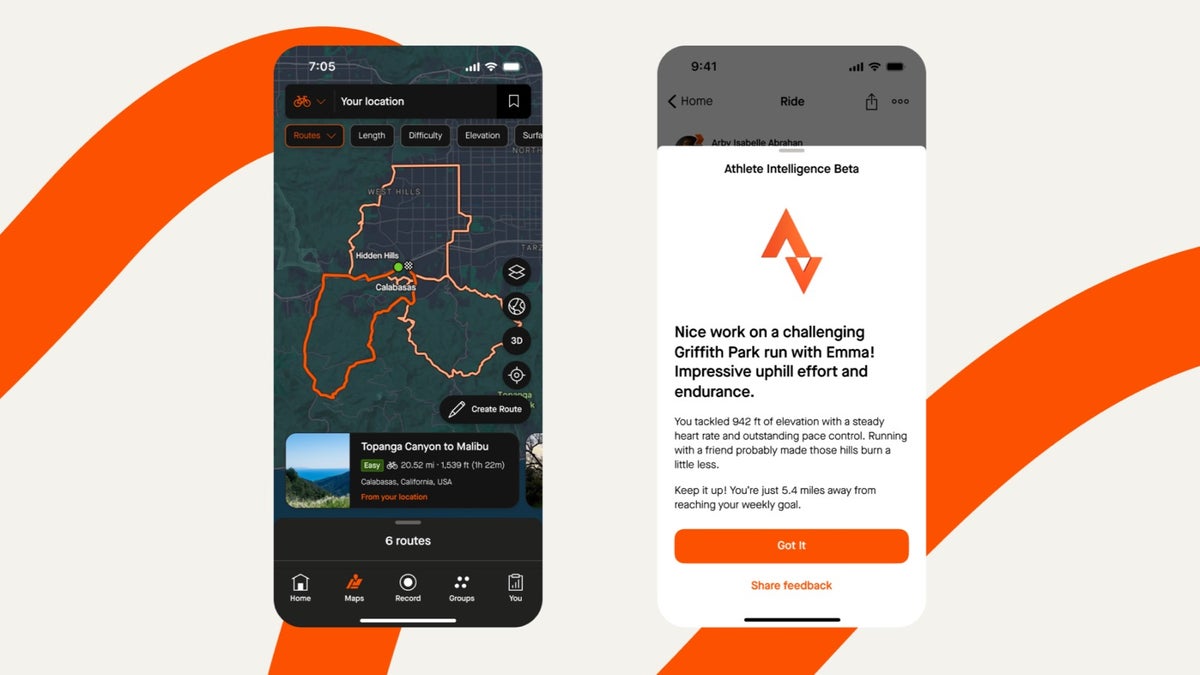Safety and route discovery are also getting a boost with the introduction of night heat maps. These maps will filter activities recorded between sunset and sunrise, helping users discover well-trafficked routes for safer nighttime workouts. Additionally, a new quick edit feature will simplify the process of making common changes to recorded activities, such as changing activity names, start times, and location sharing settings.
Strava is also venturing into the realm of artificial intelligence (AI) with its new ‘Athlete Intelligence’ feature. Leveraging large language models, this feature will analyze user data to provide insights into training, performance metrics, and suggestions for improvement. It will even take into account upcoming events and current injuries, making it a personalized virtual coach.
AI will also play a role in maintaining the integrity of Strava’s leaderboards. The platform plans to introduce AI-enabled leaderboard integrity to better detect and flag irregular, improbable, or impossible activities. For instance, an e-bike ride mistakenly labeled as a regular bike ride could be identified and corrected. While these features are yet to be implemented, they represent an exciting addition for Strava and its users.
